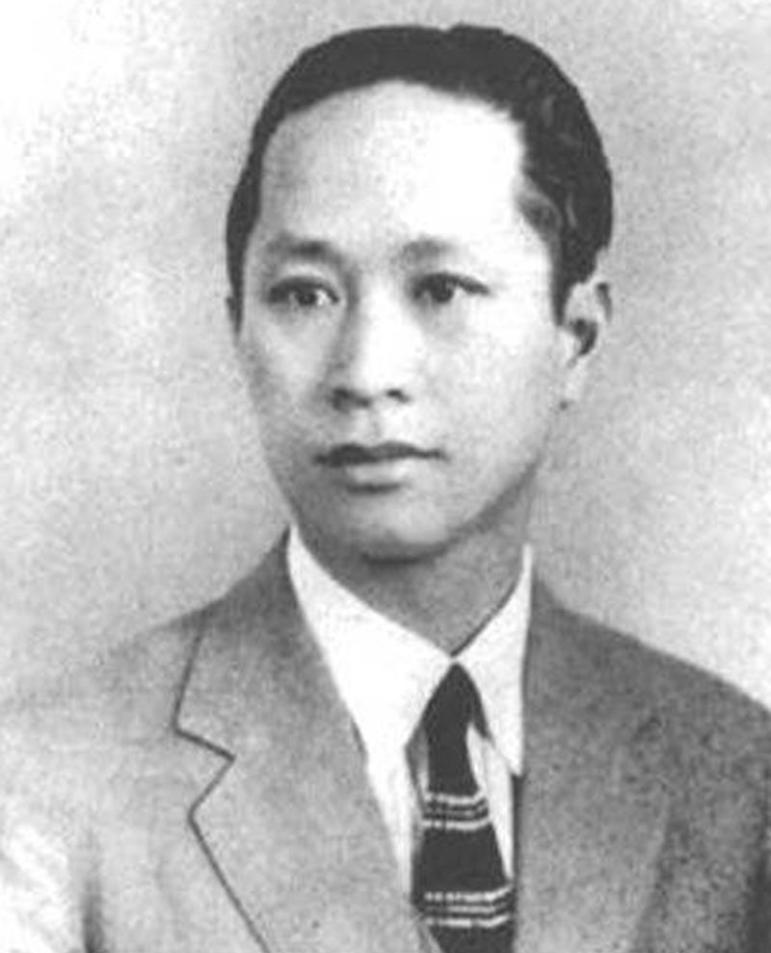In January 1941, Kuomintang troops surrounded the troops of the New Fourth Army, which was marching in Anhui, and launched the Anhui Southern Incident. Friends who know China's modern history should remember the history of the Anhui Incident, right? The blow this incident brought to the New Fourth Army was simply devastating, and in addition to sacrificing a large number of soldiers, we almost lost a tiger general, that is, Ye Ting, the first commander of the New Fourth Army.

During the Anhui Incident, Ye Ting, commander of the New Fourth Army, was captured and later imprisoned, and the "Prison Song" we learned in our textbooks occurred during this period. At first, the Kuomintang also tried to assimilate him, hoping that General Ye Ting could change his camp and serve them, but General Ye Ting always refused to compromise, and during his imprisonment he also wrote "Prison Song" to show his persistence and indomitable spirit.
Later, General Ye Ting was imprisoned for a full five years, and it was not until the War of Resistance Against Japan was victorious that Chiang Kai-shek finally made a superficial compromise, and he only made one demand for the release of General Ye Ting, that is, our army also needed to hand over a person in its hands, and this person was Ma FaWu. What kind of character is this Mafa V? In Chiang Kai-shek's mind, why would he be in a position equal to that of General Ye Ting?
Hearing the name Mafa V, most people's first impression is probably who this person really is? What are his exploits? Objectively speaking, although his fame was not great, Ma Fawu's position at that time was comparable to that of General Ye Ting in the New Fourth Army, he was also a military commander (commander of the 40th Army of the National Revolutionary Army), and the most ingenious thing is that Ma Fawu, like Ye Ting, was a graduate of the Baoding Army Officer School.
Although Ma Fawu joined the army later than the average general, his talents were naturally not buried there, and Pang Bingxun, the general of the Nationalist Third Army under Feng Yuxiang, as Ma Fawu's direct superior, was the first person to tap his tactical potential. Pang Bingxun intended to cultivate him as his right and left arm, so under pang Bingxun's promotion, Ma Fawu was promoted quickly, but it is worth mentioning that at this time, Ma Fawu had not yet stood with Chiang Kai-shek, and could even be regarded as Chiang Kai-shek's enemy.
In 1930, after the end of the Central Plains War, the combined forces of Feng Yuxiang and Yan Xishan were defeated by Chiang Kai-shek, Feng Yuxiang was forced to go to the field, and his troops were also absorbed by Chiang Kai-shek. In 1937, the War of Resistance Against Japanese Aggression broke out in an all-round way, Ma FaWu was able to have the opportunity to show his skills, and in the First World War of Taierzhuang, Ma Fawu and Pang Bingxun and others with the posture of a strong crossbow to withstand the fierce offensive of the Japanese army, won a lot of favorable offensive time for the troops behind them, and it was also after this World War that Ma Fawu became famous and became the object of Chiang Kai-shek's key training, and soon after, he began to rise to prominence, and after the end of the War of Resistance Against Japan, he had already served as deputy commander of the 11th Theater and commander of the 40th Army.
In November 1945, when facing the People's Liberation Army, Chiang Kai-shek allocated 500,000 troops to Ma Fa and placed high hopes on him to attack the Liberated Areas, but Ma Fa Wu was captured by our army in the Battle of Handan and became a prisoner of the order. At this time, Ma Fa V was still the key training object of Chiang Kai-shek, so when exchanging General Ye Ting, Chiang Kai-shek proposed to exchange Ma Fa V as a quid pro quo. Of course, in the end, our army also agreed to Chiang Kai-shek's proposal and sent Ma Fa Wu back.
At the end of the Liberation War, Ma FaWu first moved to Hong Kong and then settled in Taiwan, and he never returned to the mainland for the rest of his life, dying of illness in 1992 at the age of 98.
Resources:
"I Captured Ma Fa V Alive" - Visiting Liu Zhankui, a witness to the Battle of Handan, Han Jing